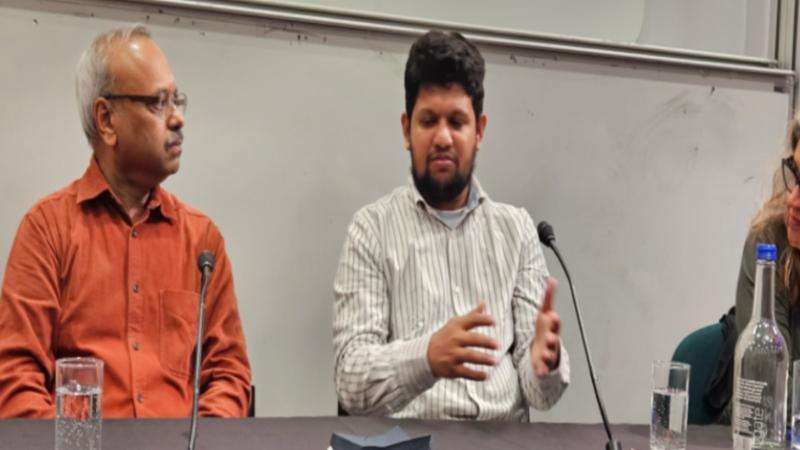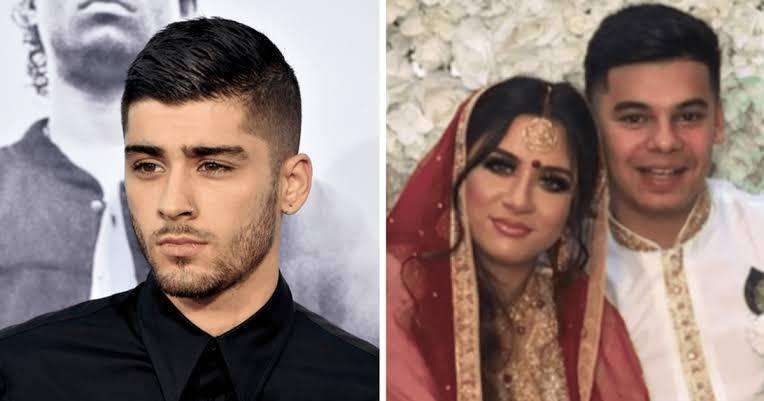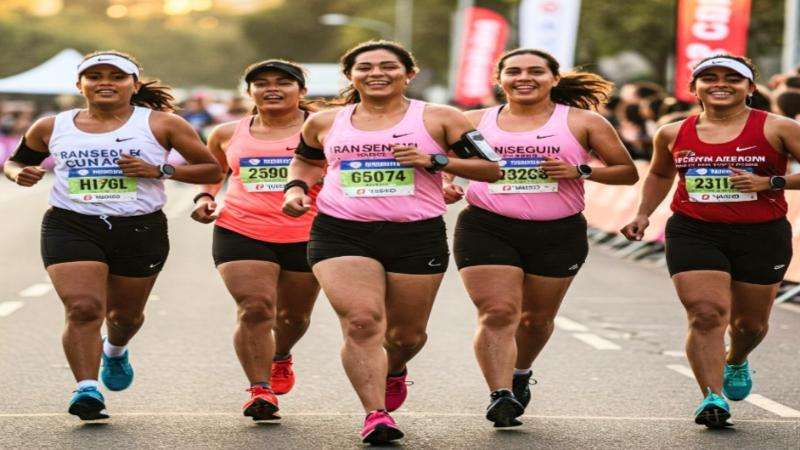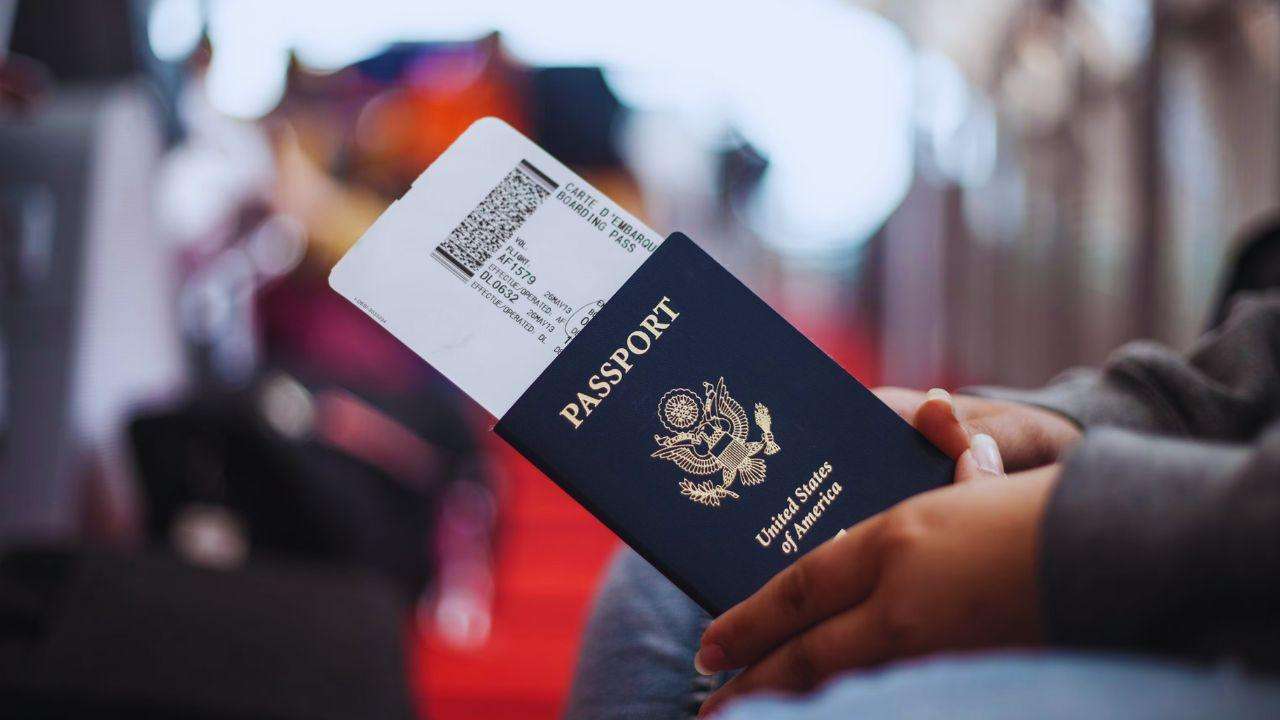The iconic London Marathon, set to take place this Sunday, has affirmed its commitment to inclusivity by allowing transgender women to participate in the mass event based on their self-identified gender. This decision comes despite a recent Supreme Court ruling that legally defines sex as binary, sparking debate about the intersection of inclusivity and legal interpretations.
Race director Hugh Brasher emphasized the marathon's long-standing ethos of welcoming runners from all walks of life. "Our aim is to create a truly inclusive and celebratory event for everyone participating in the mass race," Brasher stated. "Therefore, transgender women will be able to register and run as female, male, or non-binary, according to their gender identity."
However, this inclusive policy has a distinct boundary. The elite, championship, and good-for-age women's categories will remain exclusively for individuals born female. Brasher explained that this differentiation is a conscious effort to balance the overarching principle of inclusivity with the need to ensure fair competition at the highest levels, aligning the event with the regulations set forth by World Athletics.
The marathon's stance arrives amidst a charged atmosphere surrounding transgender participation in sports. Elon Musk, owner of the social media platform X, has been vocal in his opposition to transgender women competing in women's sports, seemingly echoing the Supreme Court's binary definition of sex. In a significant move reflecting its values, London Marathon Events announced a boycott of X, citing the platform's descent into negativity and its departure from being a constructive space. This decision underscores the organization's dedication to fostering a positive and welcoming environment for its participants.
The complexities surrounding this issue were further highlighted by Brasher's comments on potential future guidance from the Equality and Human Rights Commission (EHRC) and Sport England. While acknowledging the importance of these bodies, he stressed that the organization would await their specific reports before considering any alterations to the current policy for the mass participation event. "This is a nuanced and evolving area," Brasher noted, "and we want to ensure any future decisions are well-informed and carefully considered, balancing inclusivity with the integrity of competition."
The debate surrounding transgender athletes gained public attention during the 2022 London Marathon when Glenique Frank, who had previously competed as a male, participated in the female category. Frank later apologized and suggested the creation of a separate transgender category.
The London Marathon's current approach signifies a delicate balancing act. It upholds the event's tradition as a joyous and inclusive spectacle for the vast majority of participants while acknowledging the specific considerations required for elite-level competitions to maintain fairness. The decision to permit transgender women to participate in the mass event as females, even in the face of a contrary legal ruling, underscores the intricate and ongoing dialogue surrounding transgender inclusion in the world ofsports.
Specific data on the number of Muslim, South Asian, and British Bangladeshi women participating in the mass event of the London Marathon is not collected or publicly available, Daily Dazzling Dawn understand.The London Marathon focuses on providing an inclusive event for all participants who register. While general demographic data about the overall pool of runners might exist, a breakdown by specific religious or ethnic subgroups for the mass participation event is not typically recorded or released.
However, there are anecdotal accounts and initiatives that highlight the growing participation of women from these communities in running events, including the London Marathon. Organizations like the Muslimah Sports Association have actively encouraged and supported Muslim women in sports, and there are stories of South Asian women using running as a way to challenge stereotypes and promote inclusivity. While precise numbers remain unknown, it's evident that women from Muslim, South Asian, and British Bangladeshi backgrounds are increasingly embracing the opportunity to participate in the London Marathon's mass event.


_3.jpg)
_2.jpg)




.svg)


